
Venezuela – Rebellion in the Works? (Finally!)
On January 10th, Nicolas Maduro took the oath of office to begin his second full term as President of Venezuela. However, his May electoral “victory” was considered invalid by many inside the country and around the world, due to the jailing and banning of all opposition candidates of substance, as well as voter intimidation and vote buying.
In December, the Venezuelan National Assembly voted Juan Guaido as Assembly President, an office he assumed on January 5th. After Maduro “officially” became illegitimate on January 10th, the National Assembly declared Guaido as interim President of the country until new elections could be held. Based on Articles 233, 333 and 350 of the Constitution, it is this political body which has the responsibility to ensure democratic continuity in the case of a Presidential vacancy. Maduro’s illegitimacy creates this Presidential vacancy.
This National Assembly (AN by its Spanish acronym) has a super-majority of opposition figures after a landslide victory in 2015. This opposition wants to reverse and wipe clean the devastating socialist policies of Hugo Chavez, and his loyal successor Maduro.
However, in response, Maduro created a new assembly, the Constituent Assembly (ANC) packed with his sycophants, and stripped the original Assembly of its powers. (For the past four years, the AN has worked in limbo, but still acts as a voice for change.) The subsequent ANC votes however Maduro tells them to. Likewise for the highest court in the land, with judges appointed by Maduro. (You don’t bite the hand that appoints and feeds you.)
Guaido is a protegee of Leopoldo Lopez, longtime leader of the opposition party Popular Will, who was imprisoned for a number of years on false charges of instigating violence, and since his release, has been under house arrest. Therefore, Guaido’s selection as interim President represents the strongest rebuke to Maduro and Chavismo that the AN could muster. Should Venezuela ever see a return to free and fair elections, it’s a good bet that we’ll see Lopez as the leading candidate taking the field (since Guaido would pardon him), with Guaido by his side, possibly serving as Vice President, which is an appointed position in Venezuela.
On January 23rd, Guaido took the oath of office for the Presidency, in conjunction with mass demonstrations across the country offering him support, and protesting Maduro’s regime and the nation’s dismal conditions. The Organization of American States was the first to recognize him as the legitimate President of Venezuela, followed by the U.S., Canada, Argentina, Brazil, Colombia, Ecuador, and Germany. (Additional countries may have voiced their recognition since this writing.)
Russia, China, Cuba, Turkey, Syria, South Africa, Nicaragua and Bolivia lent their support to Maduro, and surprisingly, so did Mexico. (This was a surprise because although Mexico now has leftist President Obrador, most didn’t think he was that leftist.) The EU has remained embarrassingly mum about the whole thing, just calling for more of the same negotiations which for the past decade have accomplished nothing.
Maduro immediately broke off all diplomatic relations with the U.S. (as if there was much to begin with), and gave U.S. Embassy/Consulate personnel 72 hours to leave the country. Guaido said don’t go, and it looks like the U.S. is listening to Guaido, as the official President, also warning Maduro there will be hell to pay if any Americans are harmed. The deadline would be Saturday, and although some personnel have left, the U.S. insists the rest aren’t going anywhere.
Russia has warned the U.S. against taking any military action, and Trump has to decide what Russia’s next move would be if it came to that. It’s highly unlikely Russia or China can do anything militarily in the region to help Maduro, but as they’ve done in the past, they could get proactive in another part of the world that has nothing to do with the Venezuelan crisis at all. (That’s always been their modus operandi.) But ironically, Russia’s and China’s best chances at getting paid for past loans rest with a new administration. It’s a matter of whether they think the prospects of exploiting Venezuela’s resources in the future are worth the risks now, not necessarily just military risks but political and financial risks, of getting too involved in a region too far from home, a region that’s hostile to Maduro to boot!
So they’re not going to find many friends here, not to mention the strong militaries of Colombia and Brazil, and the U.S. just a hop, skip and jump away.
In the meantime, Guaido’s Presidency doesn’t really mean anything yet, since Maduro still controls the military and Central Bank, and there’s no way for him and the AN to access any funds which the recognizing countries will now only funnel to them. Same thing for the state oil company PDVSA. Until Guaido and the AN can get a hold of those oil sales profits, Maduro and his cronies linger on. (This is why I expect that a U.S. ban on Venezuelan oil is coming any day now.)
Those of us who’ve followed the disaster of Venezuela under Chavez and Maduro for two decades have learned long ago that you never know what’s going to happen here. We’re always wrong. However, in light of recent events, two possibilities are emerging as the strongest contenders:
The military will eventually turn on Maduro, or there’s going to be outside military intervention, whether Russia and China like it or not.


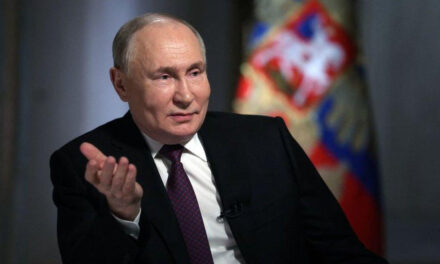











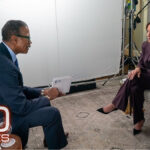
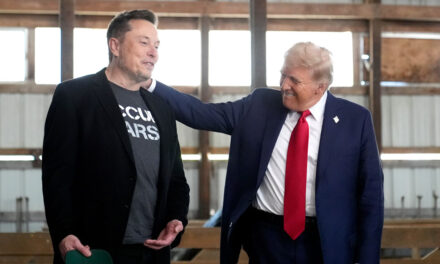
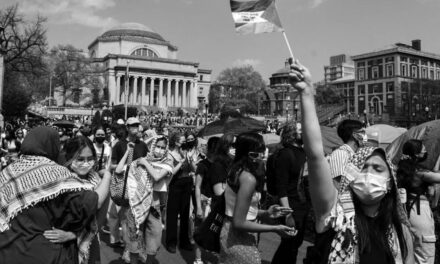




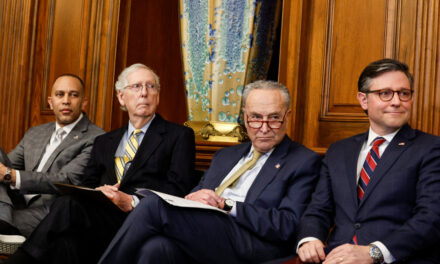
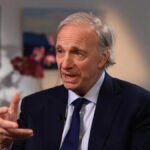

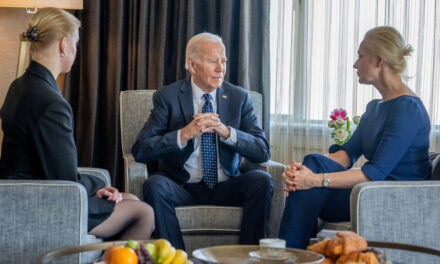

Venezuela = USA’s back yard, with potential for positive regional impact
Afghanistan = Central Asia’s least advanced civilization, nest of dedicated thieves growing opium to poison the world
Where should our self interest lie?
What makes sense in terms of positive outcomes, influence on our domestic concerns, and cost/benefit ratio?
How much have we invested in Afghanistan to date?
– Military expenditures?
– Killed and maimed US citizens?
When are we going to decide to get out of Afghanistan? It will collapse when we pull out and go back to their historical roots most likely, so how many more US personnel must be killed before we do the inevitable?
Joe G: Can you provide some answers?
My apologies from distracting from the key topic, but a comparison like this should illuminate the logic of spending more energy on the needs for diplomacy on behalf of the Venezuelan citizens. Hopefully their military will chose self-preservation and the needs of the citizens and assist in a peaceful transition.
Trump has to show force in Venezuela. The Cubans have troops on the ground and Russia is sending their “contract” soldiers of fortune. Its time to put a carrier group offshore, “in case the diplomats have to be evacuated”! Maduro is not going peacefully. He has too much to lose.